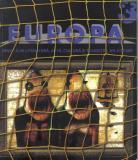
Keywords: culture; Europe; integration
Europe as a nation will have to deal with the multiplicity of its cultures, languages, histories, educational systems and other differences. Essential things to be dealt with here are the turmoil on the Balkans during the nineties and secondly, the insight into social tendencies regarding European expansion to the East. How to organize a peaceful coexistence of people with different religion and ethnical background? This issue demands a quick response to the increased migrations of the population from the Eastern to the Western Europe, as well as the influx of the immigrants from the countries of the Northern Africa and Middle East. European culture emerges as a culture of memories of world war conflicts. It determines clearly what should be remembered. Great victories such as the victory over fascism should be the essential idea of the European Union. The very essence of the European past is built around the Holocaust. If we forget the dreadfulness of this day we devaluate the European foundation as well as political, mass media and culture-related issues which by undermining the term ‘historical grandeur’ undermine the very foundation of Europe as well.
More...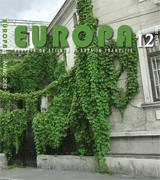
Keywords: Post Communist culture; women; Eastern Europe
Under the assumption that the political culture is a result of every day habits and social norms, which are passed onto individuals through the family and community, the role of women should not be understated. Gender, being both a broad identity concept and a microcosm, which reflects the process of social, economic and political changes may provide for an additional understanding of the nature of a society. The political marginalization of women in Central and Eastern Europe is a continuation of the type of gender segregation, and women’s political behavior and attitudes that have been developed and maintained under communist rule.
More...Keywords: culture; national culture; military culture; values; civil-military relations
This paper presents the articulation of the concept of military culture based on specific contextual factors that contribute to the internal dynamics and interrelations of society and the armed forces. This time, these factors pertain to the value system that forms the basis of national culture, professional ethos, and other elements of military ceremony and rules of conduct that affect group cohesion and a sense of community. In addition, the paper presents theories of civil-military relations that have been used to interpret and analyse some characteristics of military culture.
More...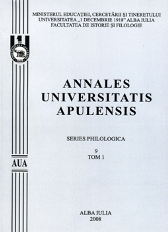
Keywords: culture; literary institutions; sociology; literature
Our study proposes to address the work of the Québec writer from a sociological perspective, focusing on the symbolism of car identity (be it a Volks or a Bookmobile) represented as a habitat providing the actors with a sense of identity and security. We try to demonstrate that through his minimalist writing Jacques Poulin implements the postmodern conception of space seen as a vector of the being as a social whole.
More...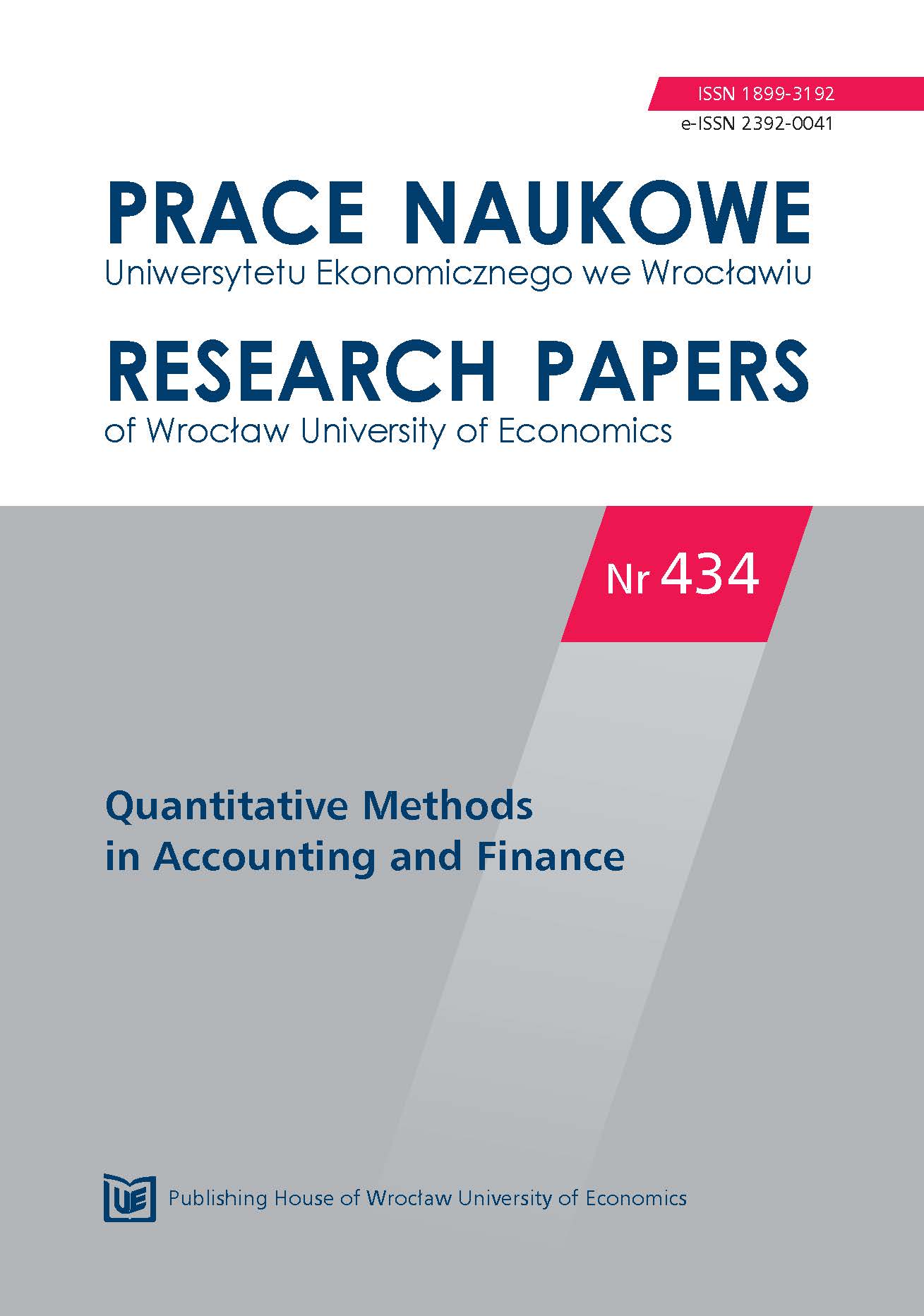
Keywords: culture; national culture; business culture; accounting subculture; Gray
Culture is one of most important factors that influences everyday life, economy, law and business practices. The purpose of the paper is to explain how culture can influence accounting. Different concepts of measurement of culture will be presented. Their usefulness for accounting will be explained. The considerations presented in the paper on based on literature on cultural differences.
More...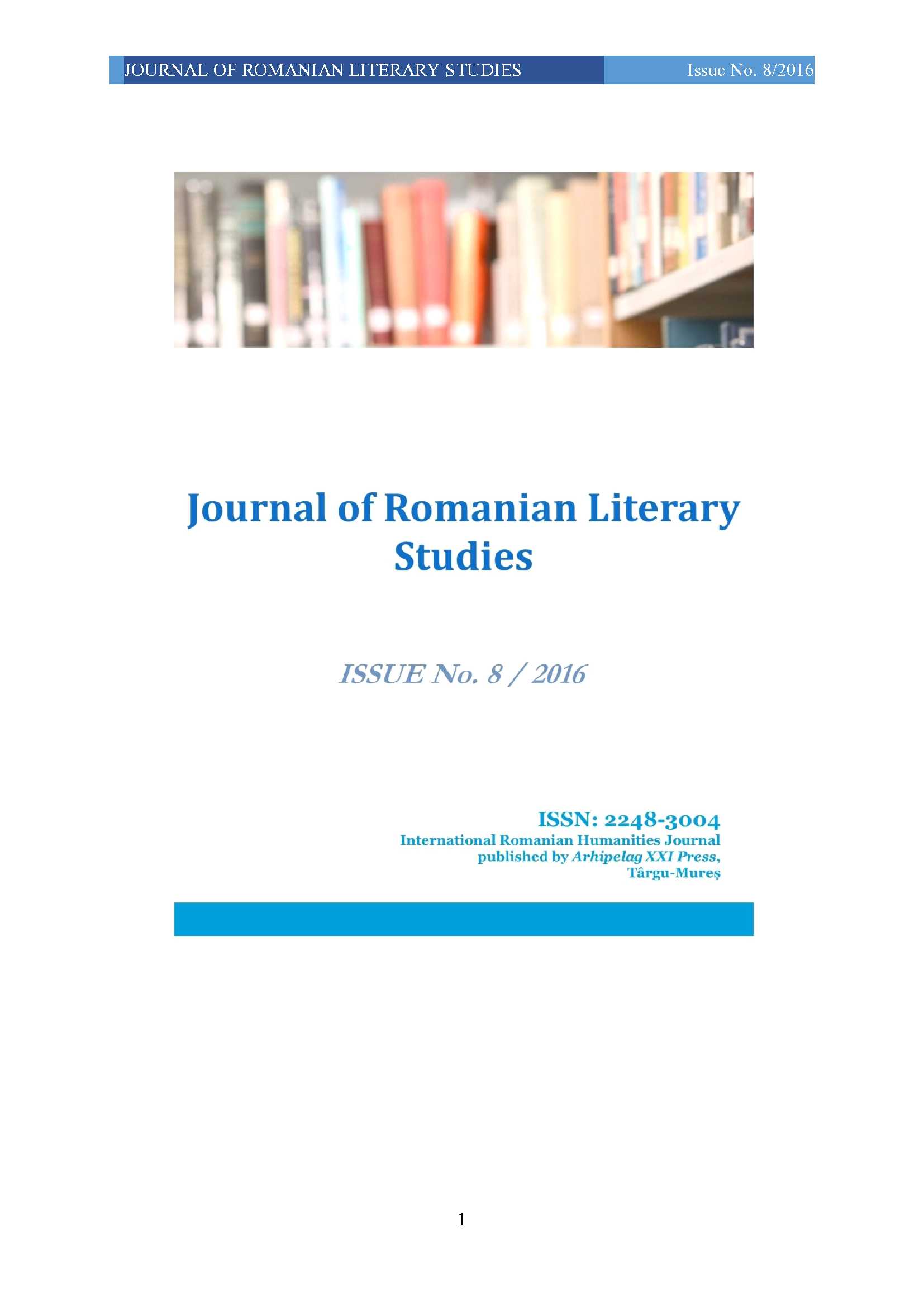
Keywords: culture; subculture; democracy; anime; manga
The aim of this paper is to hightlight the appearance and development of a new romanian market for products of an emerging culture, called anime.To acomplish this I studied the cultural and economical aspects of the anime culture, its presence in the western world and in Romania, and then hightlighted the appearance of a new product, belonging to the anime culture, on the romanian market, the manga comics.
More...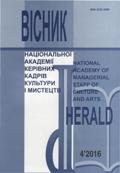
Keywords: culture; language; communication; symbolism; universality; lexical structure; semantics; pragmatics
The aim of the article. The focus of cultural studies on language and cultural identity has a decisive influence on the formation of identity and its coexistence in the environment. In its turn, the culture can be studied as a system of values that are formed during communication in which language as cultural sign system is used as a means of communication. The methodology of the work is to use such techniques of the research as the study, analysis and synthesis in order to reveal the assumption about the similarity of languages to a closed-looped system. The research tries to prove that languages are what we might call the first science, which mankind have been studying. During a certain period of time people accumulate a huge stock of knowledge through communication, learn about the dynamics of the ecosystems, in which they coexist with local plants and animals. Scientific novelty of the research is to expand the relationship between the notions "culture" – "language" – "communication" as a form of consciousness that reflects a person's world, being the form of the human material and spiritual culture realization. Conclusion. Languages always realize through individuals "tied" to a particular area, the language and the territory being connected. Native speakers also always depend on the cultural context. As for example, different languages may include grammatical information about social status of the person.
More...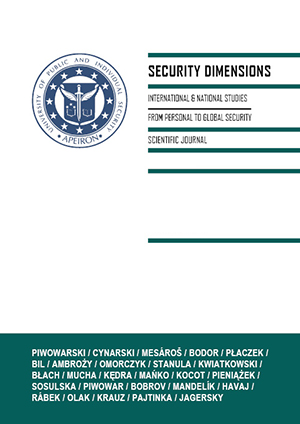
Keywords: Security;culture;power;state;qualitative methods;quantitative methods;
Article presents the form and perspectives for scientific research provided in the area of measurement of the power of state. Author sees the power of state as a part of security culture concept. Several ways of analysing and scientific research methods are presented, with their advantages and disadvantages, stressing both qualitative and quantitative factors. The theoretical basis is also included, with presentation of many different approaches.
More...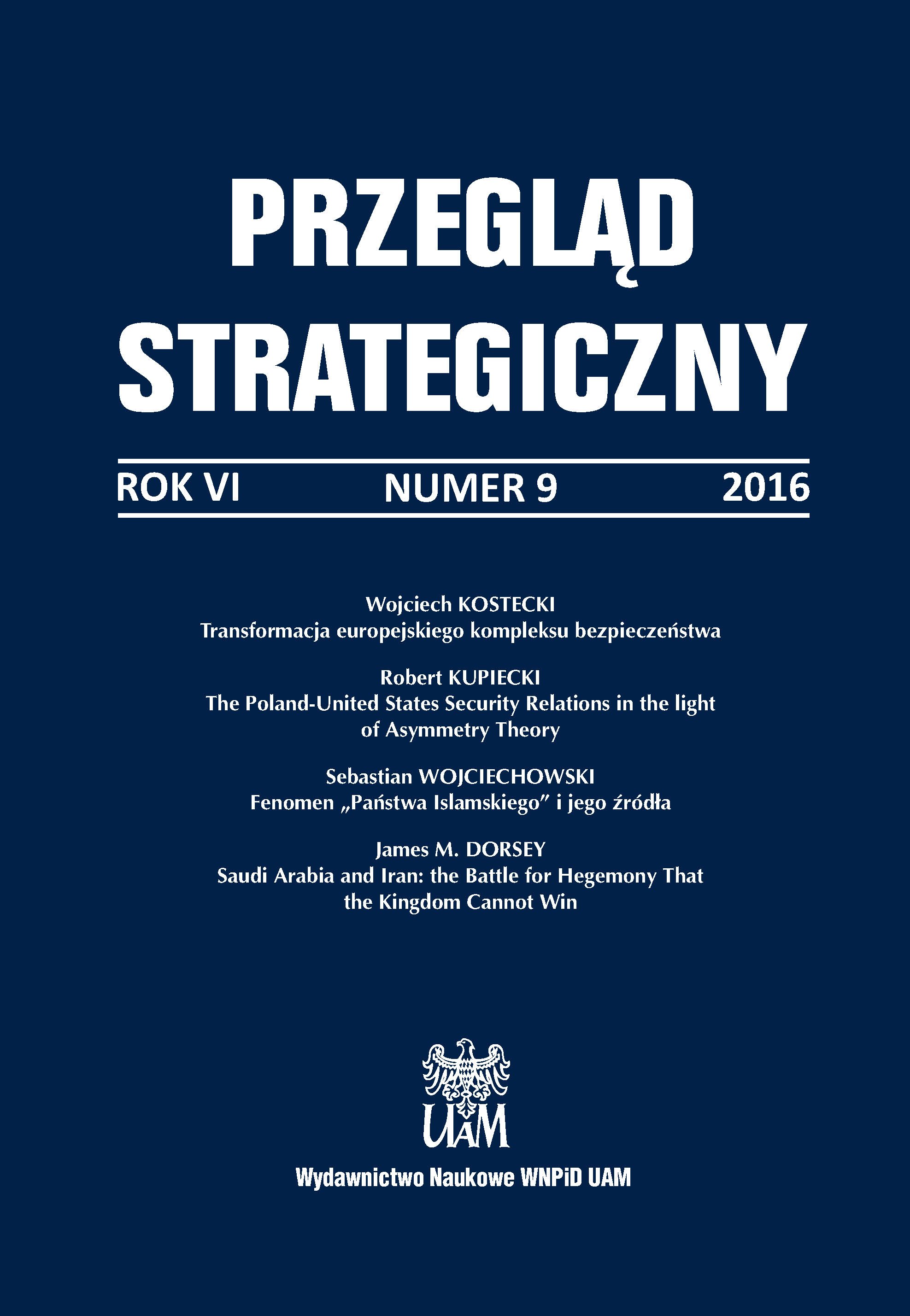
Keywords: culture; European Union law; the Treaty on the functioning of the European Union; cultural policy; cooperation in the field of culture; cultural programs;
The European Communities, later the European Union, for a long time did not pay attention to the protection of European cultural heritage, as well as to issues of cultural policy, leaving the area more or less consciously the Council of Europe. The cultural policy of the European Union treats the ambiguous term “culture” as an area that belongs to the sphere of national sovereignty. Undefined terms from the area of culture, such as the European cultural space, a common cultural heritage, etc. appear in the documents of the European Union. Only Art. 151 of the Treaty establishing the European Community, currently Art. 167 of the Treaty on the functioning of the European Union is more specifically devoted to the issue of culture and more closely to the issue of heritage. The cultural policy on this ground includes the protection of European cultural heritage, undertaking projects involving the development of a culture and the promotion of European culture. In that respect, the attention should be paid to a number of bilateral agreements, international programs, and finally conventions.
More...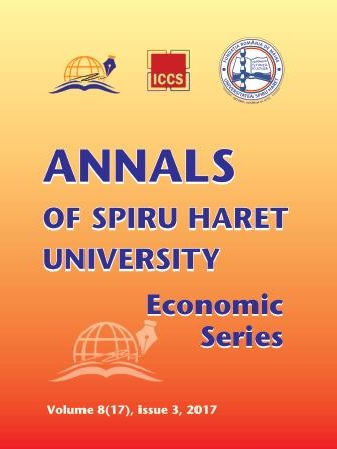
Keywords: culture; economics; cultural diplomacy; intercultural dialogue; foreign policy; growth; development;
Today, culture is one of the main feeble factors of economic development.The leading role of culture in economic development should be argued asmultiple: so, firstly, as domestic value, secondly, as a main factor of regionaleconomic development advanced to raised gravity of different regions forresidents, tourists and investors, thirdly, as major parameter of socialdevelopment based on tolerance, creativity and knowledge. To the differentinternational experiences, culture is the main part of economic development inour life. Cultural diversities are combined into a main reasonable economicdevelopment model. The article consist of explanations about the understandingof culture, cultural diplomacy and economics, approach on the conflicts betweenculture and economics, to find how is culture affecting the economicdevelopment, and the role of culture in economic development of Azerbaijan. Thearticle can be considered as a useful resource for experts and researchersconducting research in this field.
More...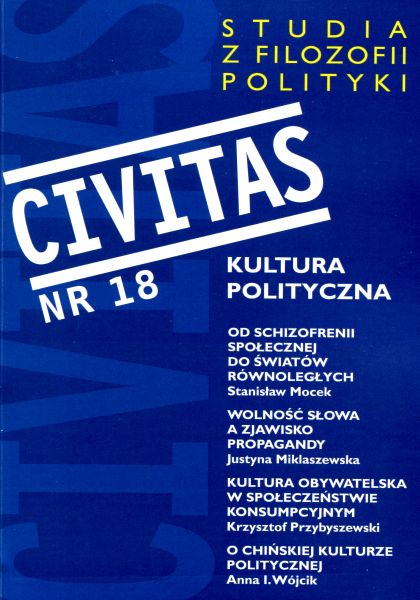
Keywords: political culture; political philosophy; Gabriel Almond
The main goal of this article is to show diverse approaches in political culture and some of the problems arising from this, as well as to point out the differences between the two perspectives – theories of political science and political philosophy. The author starts by analysing the classic definition of political culture developed by Gabriel Almond and presents the critique of this definition. He also describes a new approach proposed by researchers, such as Władysław Markiewicz, Andrzej W. Jabłoński and Zbigniew Blok. The main problem with Almond's concept – as the political scientists indicate – is that it is of little relevance for empirical studies. The researchers try to make this concept more useful as a research tool for examining political reality. On the other hand, Cezary Kościelniak and Janusz Wiśniewski attempt to define political culture in political philosophy's terms. Their intention is to make this concept work as a counterfactual conceptualization of political reality.
More...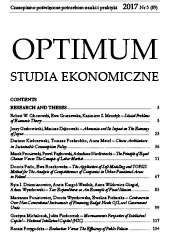
Keywords: cooperation;competition;culture; shared values;relationships;market economy;
The aim of the paper is the idea of cooperation as an undervalued element of the system of market economy. The system has been dominated by competition despite the wishes of its founding father, Adam Smith. Several other authors have also pointed to the fact and proposed to focus more on cooperation in order to keep economy in balance with society. Excessive reliance on the competition hurt people’s relationships and undermined their place in the economic system. The significance of cooperation rises when combined with the idea of culture and shared values. Chosen methods of assessing values as related to economic development are mentioned. The World Values Survey (WVS) results are used to assess the proximity of the values of the neighbouring countries of Poland. Despite changes in the composition of the values in Poland and the countries, the analysis shows that a great deal of these values are common which may potentially enhance potential international cooperation among these countries.
More...Keywords: culture; television; entertaining television; spectacle; youth; influence; Ukraine.;
Purpose of Research. The specific tendency of the media culture development in modern Ukraine has been the intensive distribution of the entertaining television as a kind of mass art. Its social value is the coverage of the huge audience by the information. It allows influencing on the Ukrainian youth by its factographic and natural character. The study shows the role of the entertaining television in the formation of the spirituality of the Ukrainian youth. Methodology. The methodology of the study consists of analytical, chronological and comparative methods. The selected methodological approach allows us to characterize the influence of the entertaining television on the formation of the Ukrainian youth in the context of the modern social and cultural processes. Scientific Novelty. The scientific novelty of the presented material contains the justification of the phenomenon of the entertainment in the history of the culture as a necessary component of the entertainment, which needs the compulsory presence of the viewer with his complicity, empathy and co-creation. The features of the the entertaining television influence on the Ukrainian youth includes the expressively dynamic form, spectacular presentation of the material and the vivid pictorial methods. The analysis of the role of the entertaining television in the formation of the spiritual culture of the Ukrainian youth allows us making the following conclusitions. Conclusions. The modern entertaining broadcasting in its information and cultural and educational modes is characterized by the organic interaction of the screen image, sounds and modern public verbalism. Therefore, a person is organically involved in a wider range of social and cultural values. It means that a man forms its worldview according to the social standards. The individual as a participant of the theatrical spectacles borrows from them unusual patterns of behavior, rules and ways of the life, learns the new life situations and studies the social roles to adaptate to the modern society.
More...Keywords: culture; media; public; public opinion; mass society; communication; consumption
Today we live and face a communication paradox: the world has never been richer with information, but unfortunately information with little authenticity and criticism. A great number of information storms create junk information, the purpose of which is not to present confront opinions, but to relativize, generalize, and thus put social criticism to sleep. Society is flooded with information coming from everywhere and most often in a disturbing, confusing way. Reality around us is strongly influenced by the mass media and it is very easily transformed into show the mass media offer. In addition, it seems that the values are being lost. Culture is the highest expression of human creativity, which is conditioned by social and historical circumstances. It is a model of living common to all people and it includes values, norms, customs, rules of behavior, knowledge and technology, language and art. It exists to satisfy the basic biological, psychological and social needs of individuals. The subject of this paper is the analysis of the relationship between the media and the culture.
More...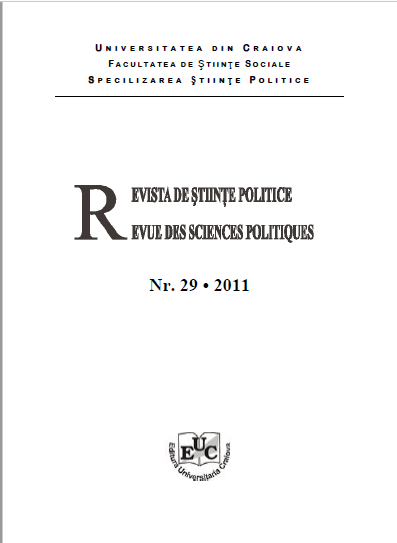
Keywords: culture; Romania; Latin origin; national unity; Romanian independence;
The article shows how two Latin countries, Romania and Italy, developed, in the modern era, a very close bilateral relation, and helps one to another with sympathy in a crucial period of great transformations such as political and national unity. In all this period of struggle for achieving their national goals the most tied up relations were the cultural ones. We also can see that an important civilization such as the Greek one expressed it gratitude for the sacrifices made by the Romanians that for hundreds of years stood tall and defended the western civilizations in front of the ottoman conquerors. In conclusion, the Latin origin of the Romanian people is a heritage that honors them and also obliges them to live up to great expectations, not only from the cultural point of view, but also for the glory that they have to defend.
More...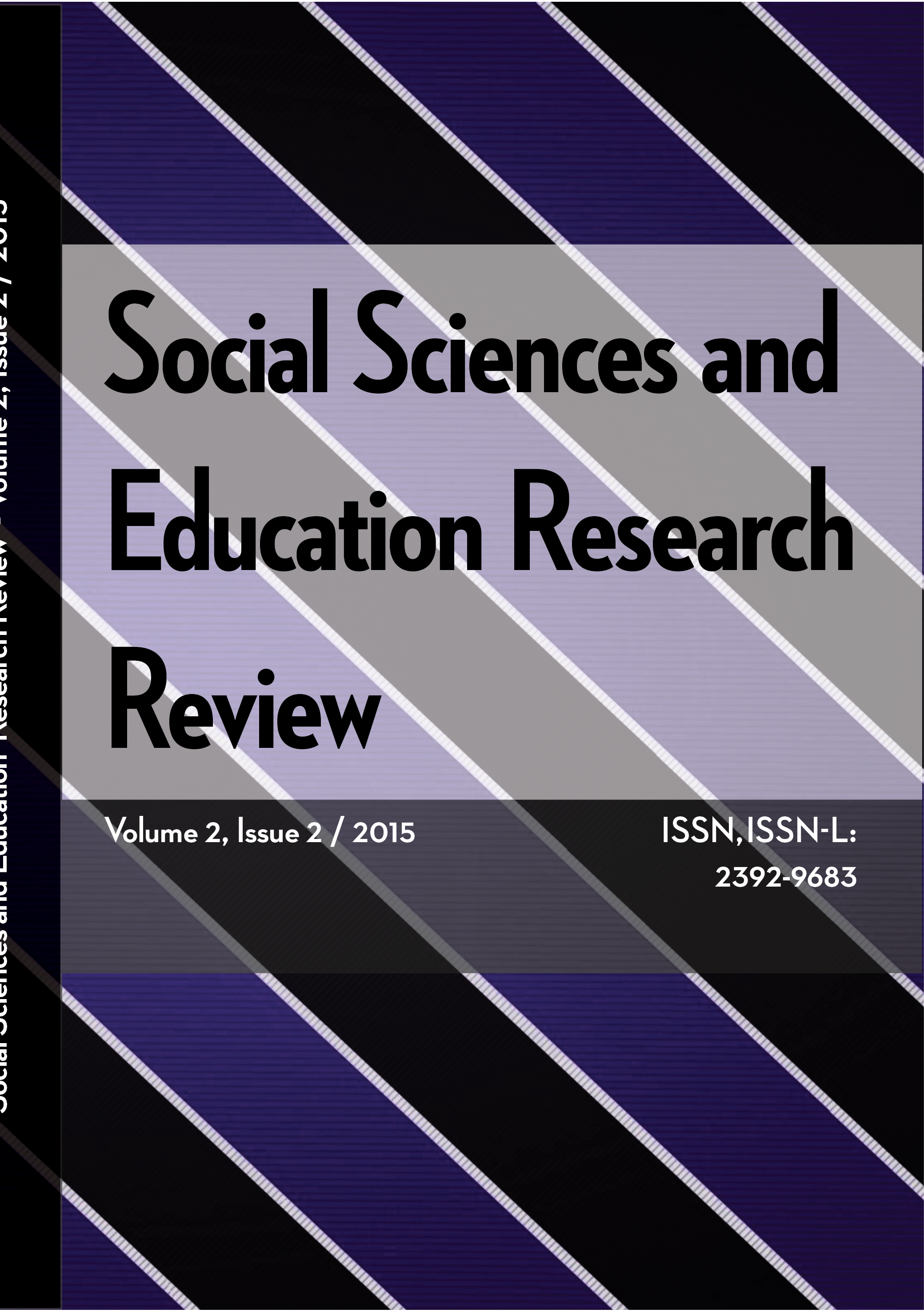
Keywords: culture; national culture; organizational culture;
The definition of organizational culture must start from humans, from their historical existence, the psychology of the people they belong to, because, as everybody knows, organizational culture is an integral part of national culture. The values, symbols, histories of a nation become starting points in shaping the cultures of organizations operating in that geographic area.
More...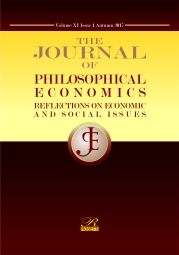
Keywords: culture; neoclassical economics; orthodoxy; pluralism; sociology;
This paper offers a sociological explanation for why the field of economics has so severely restricted the scope of its analysis to the point where it failed to foresee the financial crises, economic recessions, and other large shifts in economic activity that have characterized the global economy in recent decades. This paper’s analysis of the culture of economics draws heavily on the work of Pierre Bourdieu, the French sociologist who developed a useful framework with which to analyze the culture of an intellectual field like economics. Specifically, the paper describes how the neo-liberal doxa supports the restrictive neoclassical (marginalist) modeling approach that is a central element of the habitus of mainstream economics. Bourdieu’s concept of symbolic violence shows how the orthodox economics culture perpetuates itself even in the face of the complete failure of the culture’s favored neoclassical and rational expectations models to anticipate recent macroeconomic crises. The paper concludes with some thoughts on how this understanding of the culture of economics can enable economists to free themselves from the oppressive culture of mainstream economics.
More...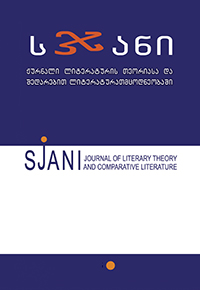
Keywords: culture; cultural policy; psychological determinants of Georgian culture;
Culture is considered as genetic memory of a nation, since it abundantly projects the historical way of the nation, its worldview, value orientations, spiritual potential, character and behavior, etc. Culture, as the most national phenomenon, is at the same time an existential value system. It exists as a macrophenomenon and is manifested in each human being and ethnos, in the form of its various characteristics, including psychological determinants. Thus, without the psyche, there exists no culture. All this, in turn, is directly related to the subject of our scientific research, i.e. - the Policy of Georgian Culture, the aim of which is to study not only culture, but also psychological characteristics and cultural requirements of its creator – the human being. Hence, there is an organic correlation between cultural policy and culture, as well as its psychological determinants and without considering the outcome of its research, it is impossible to develop an adequate cultural policy for the purpose of cultural management and its proper implementation. Following the logical argumentation of this micro-theme, we have reviewed modern methods of cultural research that have been approved in cultural psychology. Initially, we drew attention to the fact that this relatively new field of science - cultural psychology - was formed at the intersection of ethnology and cultural anthropology. The subject of cultural psychology is to define relation between culture and the psyche; psychological analysis of cultural phenomena; study of the cultural psychology of groups united by ethnic unity. Corresponding study has acquired a special relevance in the era of globalization and more notably, due to the threat of homogenization, assimilation, degradation and disappearing of cultural characteristics facing the so-called small nations. This, in turn, made our attempt - to define such “small nations” - Georgians and their cultural psychological outline - more relevant.
More...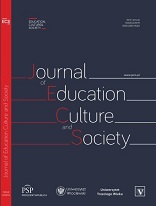
Keywords: hegemony;polemics;politics;culture;cultural consensus;
Aim. The proposed study examines the subversive polemics of Fo’s theatre which serves as a catalyst for social, political and cultural change. It aims to foreground the revolutionary politics of Fo who uses theatre to combat the oppressive system bringing to fore the working-class struggle for a classless society. The present study will be done with the help of the analysis of Fo’s select plays. These plays will be interpreted using the Gramscian framework of cultural consensus, an enabling provision of authority and control and the role of intellectuals in countering the same. Concept. The paper underlines the significance of art in facilitating a deeper understanding of the complex social realities of our world. The paper engages with the question of power and control, oppression and marginalisation as well as art and education as contextualised in Dario Fo’s theatre. Results. Fo’s use of drama to humanize the history of Italian working classes tells us about the expedience of art to enage with matters most urgent. This tells us that art and culture can be an important link in the mobilization authoritarism. Conclusion. A comprehensive discussion on power politics is presented in the paper with the aim of keeping people informed of the subtle working of these underlying structures which govern power relations in society. Originality. The originality of the study is contingent on investigating into how power is acquired, legitimised, practised, and maintained, how it can be resisted and what role art and artists play in the construction, dissemination and opposition of it.
More...